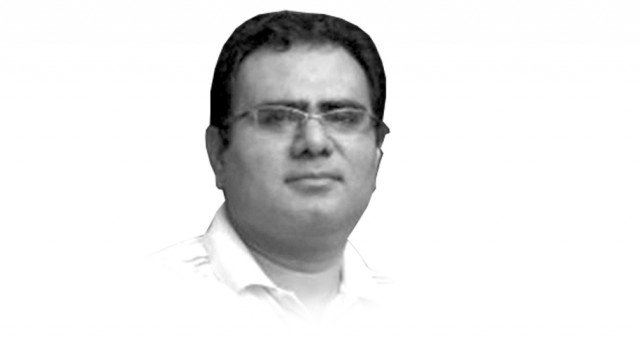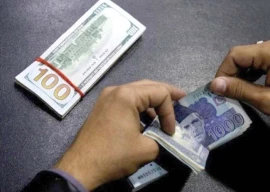
When economic managers are not politically and socially embedded in society, budget-making becomes undemocratic. According to the Centre for Peace and Development Initiatives there have been few meaningful civil society engagements in decisions on social sector budget allocations. This must be a matter of concern for the democratic forces in the country. The taxation system even under the reformed GST is designed to fill the coffers of the rich. Health, education and food are exempt but while establishments such as universities are exempt, labour in these universities will have to be under diverse kind of tax deductions. How can a state which overlooks inequities in the distributive side of the economy generate equitable growth?
Last but not least, the current ‘post-martial law regime’ shows an interesting similarity with the previous one. Musharraf handcuffed Sharif in 1999 when external debt was at $32 billion and handed over a $42 billion debt to the new government in 2007-08; this regime has taken it to $54 billion. The change of base years to show favourable economic growth scenario is an effective tool serving both the regimes. Perhaps the magic show of creative accounting does not lie in figures but in the team of experts who must be inherited without any guilt. How figures can change the real face and character of the state also remains a moot point.
Published in the Express Tribune, June 8th, 2010.
1719315628-0/BeFunky-collage-(8)1719315628-0-405x300.webp)


1731329418-0/BeFunky-collage-(39)1731329418-0-165x106.webp)













COMMENTS (4)
Comments are moderated and generally will be posted if they are on-topic and not abusive.
For more information, please see our Comments FAQ